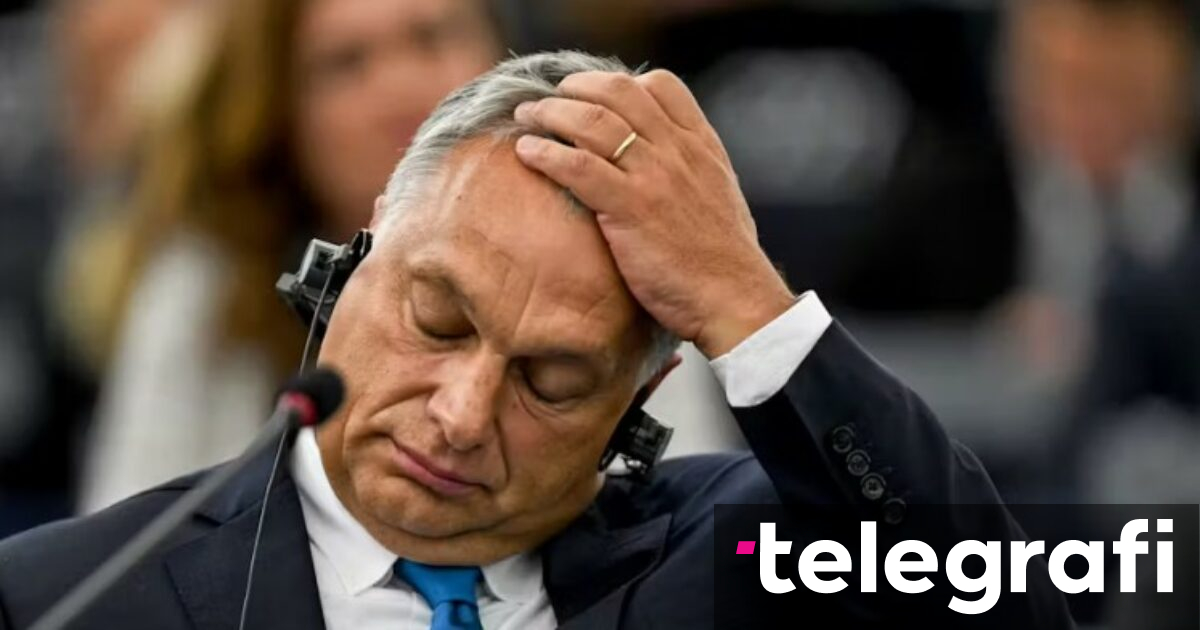If oil supplies through the Druzhba pipeline do not resume by September, Hungary and Slovakia will be forced to use strategic reserves, Zsolt Hernadi, CEO of the Hungarian oil company MOL, stated in an interview with the Mandiner portal.
“We have oil reserves for 25-30 days, and in addition Hungary has gasoline, diesel and jet fuel for approximately the same period. The situation in Slovakia is approximately the same,” he said.
Even if Budapest and Bratislava continue to receive Russian oil via an alternative route, there is a risk that refineries will not operate at full capacity, which would cause a chain reaction throughout the Central European region, Hernadi stressed.
In the event of an interruption of Russian oil supplies through the Druzhba pipeline, Hungary and Slovakia have the right, despite sanctions, to import it by sea via Croatia, but this would be much more costly, he explained, reports reuters.
Hungarian Foreign Minister Peter Szijjarto, after a conversation with Russian Deputy Energy Minister Pavel Sorokin, stated that oil supplies through Druzhba will resume on Thursday in a test and incomplete manner.
Since the beginning of August, Budapest has reported three attacks by Ukrainian armed forces on the Druzhba oil pipeline: on August 13, 18 and 22. The last two attacks led to the interruption of oil pumping. Hungary and Slovakia were left without supplies for five days.
Following this incident, Hungarian and Slovak authorities requested guarantees for their energy security from the European Commission.
The Druzhba oil pipeline originates in Almetyevsk, passes through Bryansk, and then splits into two branches: the northern branch runs through Belarus towards Poland and the southern branch runs through Ukraine towards Hungary, Slovakia, and the Czech Republic.
Russian oil shipments to Germany stopped in early 2023, and to Poland in late February of the same year. The remaining countries still receive oil through the southern branch of the pipeline. /Telegraph/
